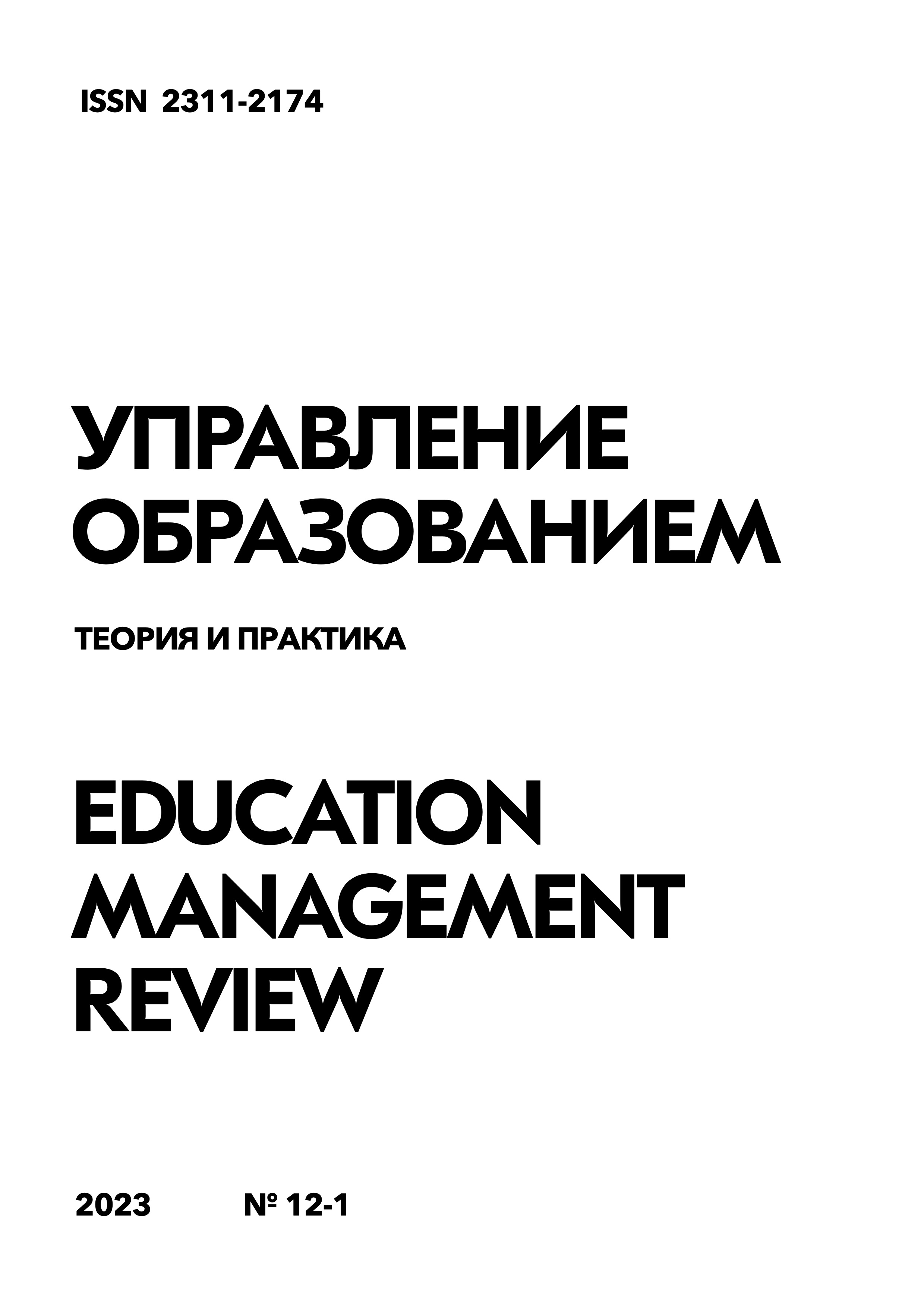Evaluation of the effectiveness of using KROSS tests in teaching clinical disciplines
DOI:
https://doi.org/10.25726/o3753-8269-9927-mKeywords:
KROSS tests, competency assessment, medical education, standardization, quality monitoringAbstract
In the last decade, in the world practice of higher medical education there has been a tendency to move from assessing knowledge to assessing the competencies of future doctors. This is due to the need to train competent medical workers who are able to solve complex non-algorithmic problems in real clinical practice. In many developed countries, standardized tests based on the principles of the new testing theory have been introduced to measure the level of development of professional key competencies. However, the effectiveness of this approach remains controversial. To assess the effectiveness of KROSS tests, an analysis of their use in 10 leading medical universities in Russia was carried out in the period from 2017 to 2022. The results of students on tests, their performance in disciplines and the opinions of teachers were studied. Results: Based on the results of the study, it was revealed that the use of CROSS tests made it possible to more objectively assess the level of students’ preparation and identify problematic sections. However, teachers' opinions on their effectiveness differed. It is worth considering the possibility of integrating tests directly into the educational process - for prompt diagnosis of “weak links” and timely correction. In this case, the tests must correspond to the faculties' curricula.
References
Гусейнов Р.Д., Гусейнова И.С., Пирмагомедова Э.А. Психологические особенности современного студенчества // Проблемы современного педагогического образования. 2020. № 67-3. С. 250-254.
Дюжева М.Б., Роговская Н.И. Симуляционные деловые игры в учебном процессе высшей школы // Современная наука: актуальные проблемы теории и практики. Серия «Гуманитарные науки». 2020. № 12. DOI: 10.37882/2223-2982.2020.12.10
Евдокимова Е.Г., Коваленко Е.В., Чмеленко Н.Н. Изучение нравственных установок студентов-медиков в контексте развития профессиональной мотивации // Актуальные вопросы общественного здоровья и здравоохранения на уровне субъекта Российской Федерации: мат. всерос. науч.-практ. конф., посвящ. 100-летию Иркутского государственного медицинского университета (1919- 2019). Иркутск, 2019. С. 380-383.
Косачева В.О. Мотивация студентов к обучению и профессиональному развитию // Мир науки, культуры, образования. 2022. № 5 (96). С. 235-238.
Кулакова А.Б. Поколение z: теоретический аспект // Вопросы территориального развития. 2018. № 2 (42). С. 1-10.
Купчинская М.А., Юдалевич Н.В. Клиповое мышление как феномен современного общества // Бизнес-образование в экономике знаний. 2019. № 3 (14). С. 66-70.
Лапшова А.В., Булаева М.Н., Воронина И.Р., Барабина И.Е. Использование деловой игры при изучении педагогических дисциплин // Азимут научных исследований: педагогика и психология. 2020. № 4 (33). С. 65-69.
Мирошник И.М., Гаврилин Е.В. Инновационная психологическая служба санатория как фактор повышения эффективности лечебно-оздоровительных программ // Материалы научно-практ. конф. «Актуальные вопросы физиотерапии и курортологии». Научно-исследовательский институт им. И.М. Сеченова. Ялта, Крым. С. 292—294.
Сергеева В.А. Деловые игры как активный метод обучения студентов-медиков старших курсов по дисциплине «Внутренние болезни» // Педагогика. Вопросы теории и практики. 2016. № 3 (03). С. 32-35.
Abugre J.B., Debrah, Y.A. Assessing the impact of cross-cultural communication competence on expatriate business operations in multinational corporations of a Sub-Saharan African context // International Journal of Cross Cultural Management. 2019. № 19 (1). P. 85-104. URL: https://doi.org/10.1177/1470595819839739
Aldawsari N.F., Adams K.S., Grimes L.E., Kohn S. The effects of cross-cultural competence and social support on international students' psychological adjustment: Autonomy and environmental mastery // Journal of International Students. 2018. № 8 (2). С. 901-924. URL: https://doi.org/10.5281/zenodo.1250391
An B., Brown D., Guerlain S. The Evaluation of a Serious Game to Improve Cross-Cultural Competence // IEEE Transactions on Learning Technologies. 2019. № 12 (3). Pp. 429-441. URL: https://doi.org/10.1109/TLT.2018.2865411
Jones F., Partridge C., Reid F. The Stroke Self-Efficacy Questionnaire: measuring individual confidence in functional performance after stroke // The Authors. Journal compilation. 2008. Pp. 244-252. DOI: 10.1111/j.1365-2702.2008.02333.x
Gulcihan A., Beser A. Psychometric Testing of the Turkish Version of the Stroke Self-Efficacy Questionnaire // Journal of Nursing Research. 2019. № 27 (4). P. 35. DOI: 1.10.1097/jnr.0000000000000308.
Lola Q., Kristensen H. Pallesen Cross-cultural adaptation of the stroke self-efficacy questionnaire-Denmark (SSEQ-DK) // Top Stroke Rehabilitation. 2018. № 25 (6). Pp. 403-409. DOI: 10.1080/10749357.2018.1469713.
Makhoul M., Pinto E.B., Mazzini N.A., Winstein C., Torriani-Pasin C. Translation and validation of the stroke self-efficacy questionnaire to a Portuguese version in stroke survivors // Top Stroke Rehabilitation. 2020. № 27 (6). Pp.462-472. DOI: 10.1080/10749357.2020.1713555.




